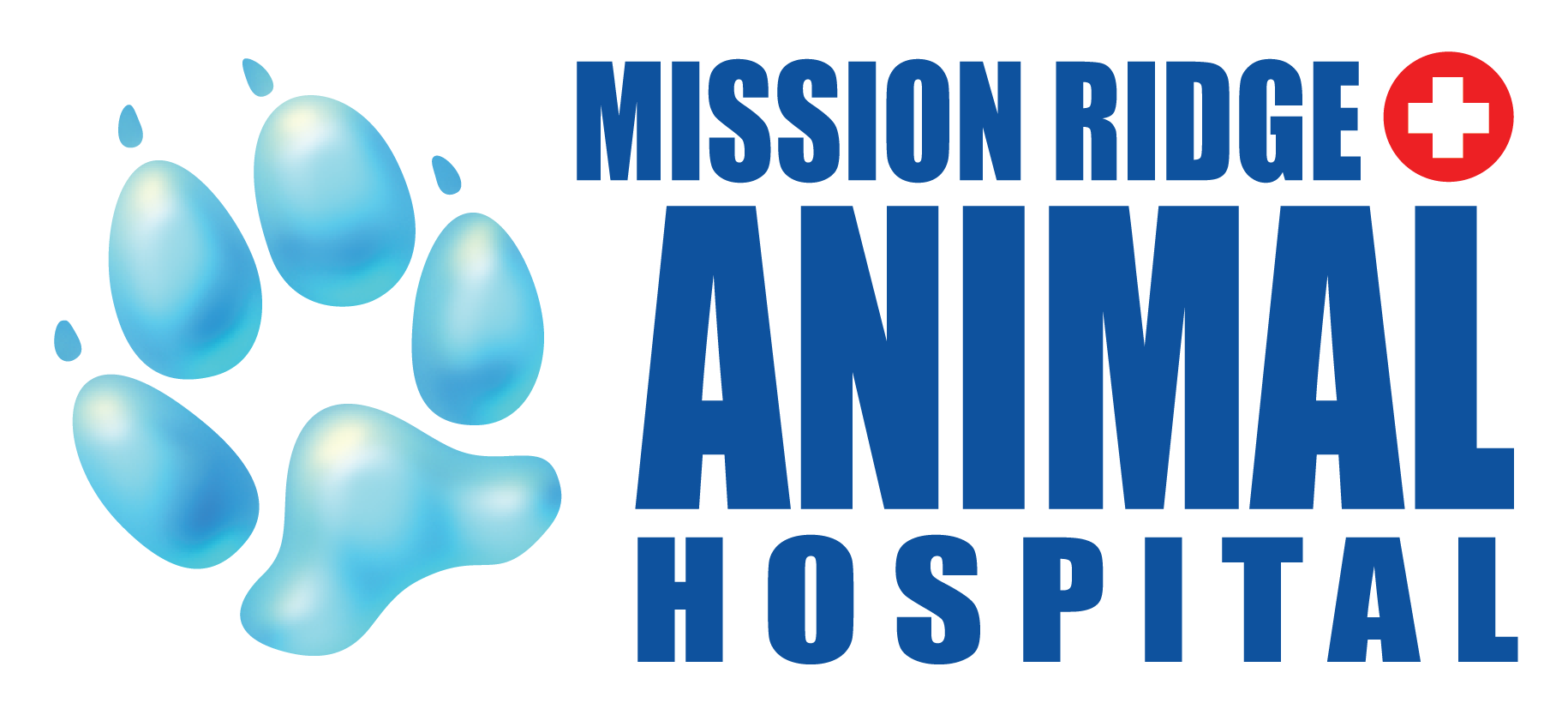With the cold weather finally upon us, it’s time to start thinking about the welfare of our furry friends when outside. Winter brings a whole new set of precautions, including:
- Ice Melting Chemicals and Salt: Chemicals used on sidewalks and driveways can be harmful to the pads and feet, causing burns and open wounds. Try to use melts that are labeled “pet safe”. Also consider using boots (if your dog will tolerate wearing them!) to protect the feet. Boots will also help protect against hard ice from poking in between the toes, and from sharp objects under the snow. If your pet doesn’t tolerate boots be sure to bathe their feet after a walk to wash away any residue they may have picked up.
- Antifreeze: Take care when changing any fluids in the car, especially antifreeze, in case of spills. Animals are attracted to the sweet taste, and if ingested, it can cause vomiting, diarrhea, incoordination, and kidney failure. If there is a history of antifreeze exposure, seek medical care from your vet ASAP as the kidney failure is reversible in the early stages.
- Frostbite: When the temperature decreases, blood is diverted to the core, leaving the skin at risk for freezing. This results in tissue damage. The foot pads, nose, ear tips and tail are the areas at most risk. Initially, the skin becomes pale and hard. As the skin warms back up, it may swell and turn bright red in color. Never apply heat to an area suspected of frostbite, as this will cause further damage. Lukewarm water is best to reheat the affected area. In severe cases, the frostbitten tissue is no longer vital and needs to be surgically removed. Seek your Veterinarian’s care as soon as possible if you suspect your pet has frostbite.
- Outdoor Pets Need Shelter: If it’s too cold for you to be outside for an extended period of time, it’s too cold for your pet! Outdoor pets need shelter to shield from the wind, moisture, and cold. Shelters function best with a door, or drape, to keep heat in, and deeply bedded straw. Always ensure access to fresh water. A heated bowl will help prevent the water from freezing over. Outdoor pets will likely also need an increase in caloric intake.
- Dry Coat and Skin: When the air is dry, it depletes the moisture from skin and fur. Animals become itchy, and may scratch to the point of creating sores. Omega 3 fatty acids (fish oil, other oils) are fantastic for the coat and skin, as are soothing shampoos and moisturizing conditioners. Balm is also available to apply to chapped foot pads. Ask our staff for products that we both recommend and carry in clinic.
- Arthritis in The Winter: The changes in barometric pressure can worsen the clinical signs of arthritis. There are many products to help bring relief to aching joints. Fish oils, Glucosamine Hcl, Chondroitin Sulfate, Devils Claw, etc. Some dogs may even need a prescription anti-inflammatory. Please feel free to contact us if you notice your dog is stiff after waking up, hesitant to do stairs, or not wanting to go for walks as long as usual.
- Lost Dogs: With the heavy snowfall, it is easy for dogs to lose track of their scent trail and become disoriented. They may also panic during a snowstorm and run away. This is why it is recommended to keep animals on leashes, and ALWAYS have some type of permanent ID in case they do get lost. Our clinic prefers microchips, which are small chips that are implanted under the skin between shoulder blades. This will ensure that if found, your loved one will be returned to you.
I wish everyone a wonderful and safe winter- be smart and stay warm J
Written by: Dr. Katherine Takacs



